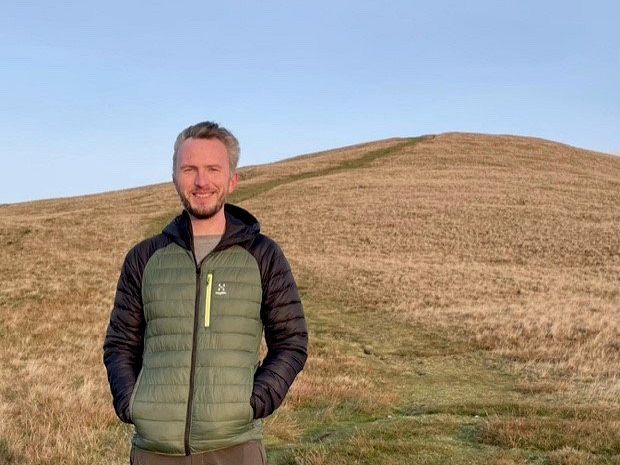Dr Joseph D. Martin, Associate Professor (History of Science and Technology) in the Department of History, has been named as a Fellow of the American Physical Society. The award is for his “important research on the history and evolution of condensed matter physics” and the outstanding contributions his research has made to physics. Here he explains how history and physics can work together:

Dr Joseph D. Martin
What does your research look at?
In the broadest sense, my research asks how scientific labour has been organised. How do disciplines form? How does prestige get allocated within and between fields? How have scientists translated their success into social and cultural authority? I’ve primarily examined the sciences investigating the physical properties of materials, such as solid state and condensed matter physics. They’re fascinating because they included the lion’s share of physicists during the second half of the twentieth century, just as physics was becoming immensely prestigious, but their contributions are little-known beyond specialist circles - despite the fact that their contributions helped transform the material world around us.
History and physics might not be seen as natural bedfellows. What can the two subjects learn from each other?
The thing about history is that everything’s got one. Physicists are often deeply invested in their own history, and find that it can give them new perspectives on their practice. At the same time, historians of science need to engage with scientists, not just as an audience, but as collaborators, for example, dealing with content that demands very specific technical competence.
How did you feel about your American Physical Society fellowship?
I routinely examine prize, awards, and other honoraria as part of my historical work. They can be fascinating windows into what people value. They reflect professional networks and reveal how disciplinary power was exercised and they tell us a lot about the image an organisation wants to project. I can’t help but see institutional gestures of esteem through that lens, even when they happen to me. With that in mind, I’m most pleased that the APS, which represents a large and diverse community of physicists, continues to regard historical scholarship as a crucial aspect of its self-image.
Find out more:
- More about Dr Martin.
- Read more about Dr Martin’s American Physical Society fellowship.
